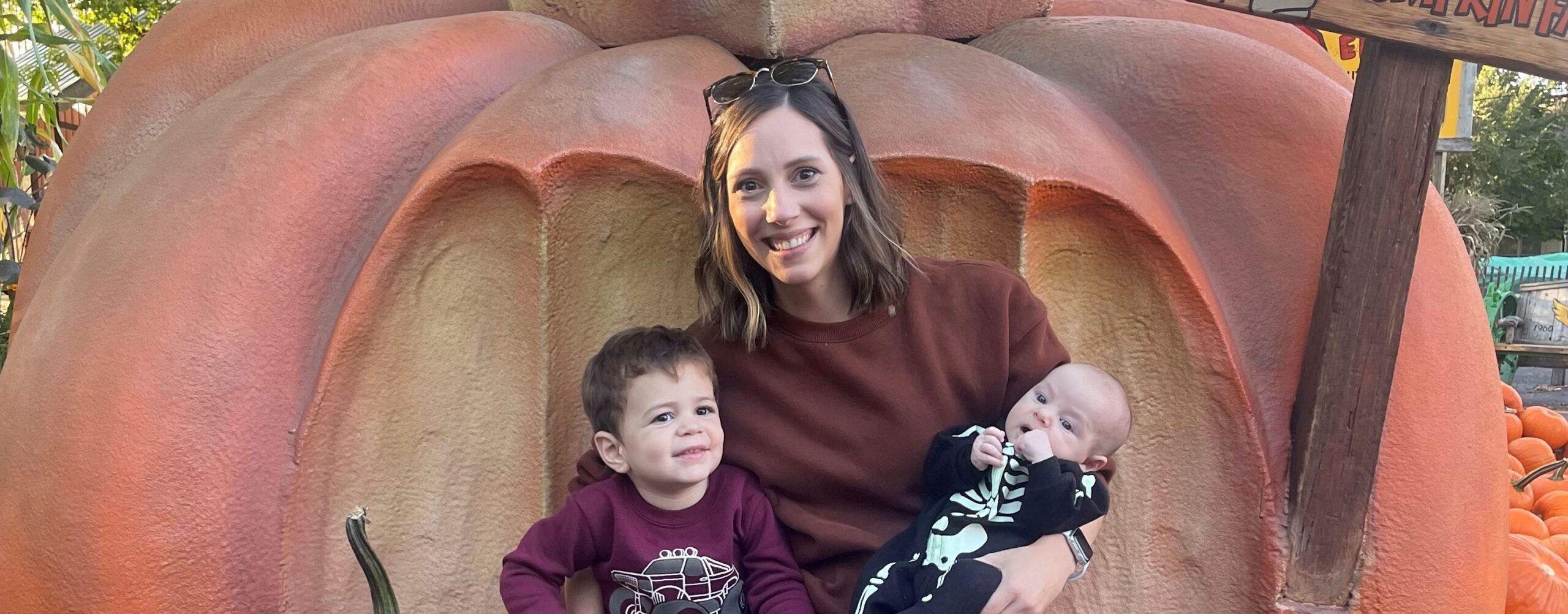New Relationship Energy (NRE)
So – you’ve found yourself in a new relationship. Maybe as a result of Cuffing Season – maybe not; and you can’t seem to get enough of your new partner. You find yourself thinking about them constantly. Smiling at text messages that come through, laughing at inside jokes you already have together, checking your phone every few minutes waiting for the next message, counting down the minutes until you can see each other again and generally feeling a strong sense of excitement. It’s intoxicating, the emotions are intense and you catch yourself thinking “I can’t possibly love this person already, can I? – no, it’s too soon.” You are currently in the throes of New Relationship Energy, or NRE for short.
How does NRE work? Some Science on Falling in Love
Two words: Brain Chemicals.
When attraction occurs – the brain releases estrogen and testosterone which signals a feeling of longing and desire for the other person. Concurrently, the brain goes into overdrive producing dopamine and norepinephrine, which are released whenever we do things that feel good, often energizing us and giving us the sensation of reward so we want to continue doing those things.
According to the American Addiction Centers “norepinephrine is thought to play a role in the body’s stress response and helps to regulate sleep, alertness, and blood pressure. Dopamine plays a key role in movement and affects motivation, perception of reality, and the ability to experience pleasure.”
When these chemicals are released during NRE we may feel as though our need for sleep is decreased, we are more alert and energized, our perceptions of our new partner are rose colored and we experience pleasure in most conversations and activities done together. And because we are being rewarded it translates into wanting to spend every waking moment with our new love interest in order to feel all the feels.
The other side of this coin is the brain then slows down the production of Serotonin as a result of the increase in the other chemicals. The lack of Serotonin in the brain can cause symptoms of anxiety, depression, negative thoughts, low self-esteem, and obsessive thoughts and behaviors. So while we have an uptick in feeling good, there may be times when you start to feel an intense fear of rejection, obsessive thoughts about your new partner not feeling the same way about you, or even times of extreme jealousy. This tends to explain why falling in love can quite literally feel like you are “addicted” to your new love interest – you get the dopamine high when you’re around them, but without the dose of serotonin to make you feel satisfied you want and crave more of them.
So what does all of this mean?
Knowing how the brain works and the chemistry involved can help you to take a step back and look at things more objectively. One of the biggest mistakes we make while in the NRE stage is moving too fast and making commitments too soon. It can be really easy to get caught up in your feelings for your new partner and move too quickly. Saying “I love you” in the first few weeks of a new relationship isn’t necessarily an unhealthy thing; however, it’s important to understand what that means to you. Taking the time to get to know your partner’s flaws and scars – talking about them is one thing, experiencing them first hand is entirely different; especially when the rose colored glasses are on. We often think we can handle certain situations or experiences will be different with us, than an ex-partner, but the truth is until you experience conflict firsthand with your partner it’s hard to know how it will go.
Making commitments of moving in together, sharing financial responsibilities, getting a shared cell phone plan, adopting a dog – these are all things that should be done very mindfully and probably not in the first few months of a new relationship. These are big decisions that are not easily undone and NRE can be influential in making these decisions seem like a good idea early on.
Navigating NRE in Relationships: Jealousy and Non-monogamy
Let’s talk about Jealousy, shall we? Jealousy is a normal human emotion and often gets vilified; however, it happens to the best of us in most relationships. It’s our response to the emotion that is most important and often the most detrimental to relationships. During NRE, jealousy can become overwhelming and rear its ugly head more intensely because of the aforementioned brain chemicals. It is important to be mindful of how we experience jealousy, our triggers, and our reactions to it. Self-awareness and introspection around feelings of jealousy can go a long way in helping to manage our responses to these feelings when they arise. Being able to apologize for responding poorly to a situation when jealousy presents itself is undeniably crucial with the promise to work on changing your reaction as a result. Developing self-awareness around the root cause of jealousy, which is usually insecurities around fear of losing your new partner, is paramount in keeping the relationship in a healthy state.
In polyamorous or non-monogamous relationships – neglecting or ending old relationships can occur because of NRE. Being conscious that while this new relationship is just that – shiny and new, your other relationships still exist and are an important part of your life. Not allowing yourself to get too caught up in NRE and continuing to make time for existing partners is imperative. While in the throes of a new, exciting relationship you may find yourself comparing your relationships and as a result viewing your existing ones as not being as exciting or intoxicating; this can bring you to a place where you feel as though you need to end one. The existing relationships don’t necessarily need to end and often meet other needs the new one may not. Being mindful and conscious to keep creating space for others while also seeing the positives of existing lovers is important. In monogamous and non-monogamous relationships alike this also means not allowing all of your time to be spent with your new partner and continuing to hold space for friends and family – the important people in your life.
Ultimately, NRE is fun, exciting, and intoxicating. Enjoy it – it doesn’t last forever; just be mindful about where it takes you and the other priorities in your life.



